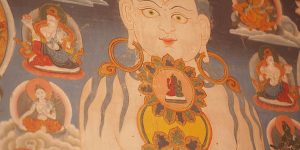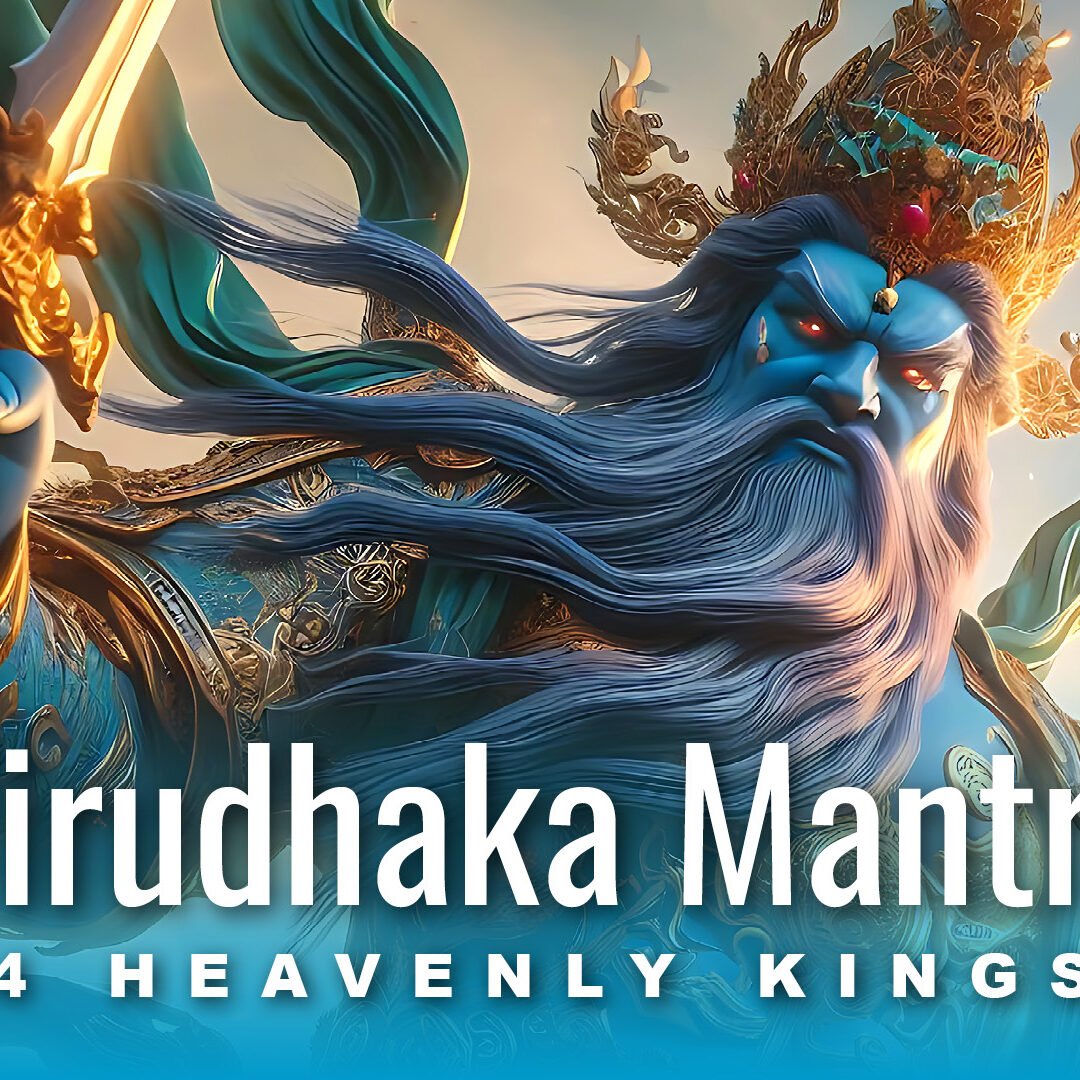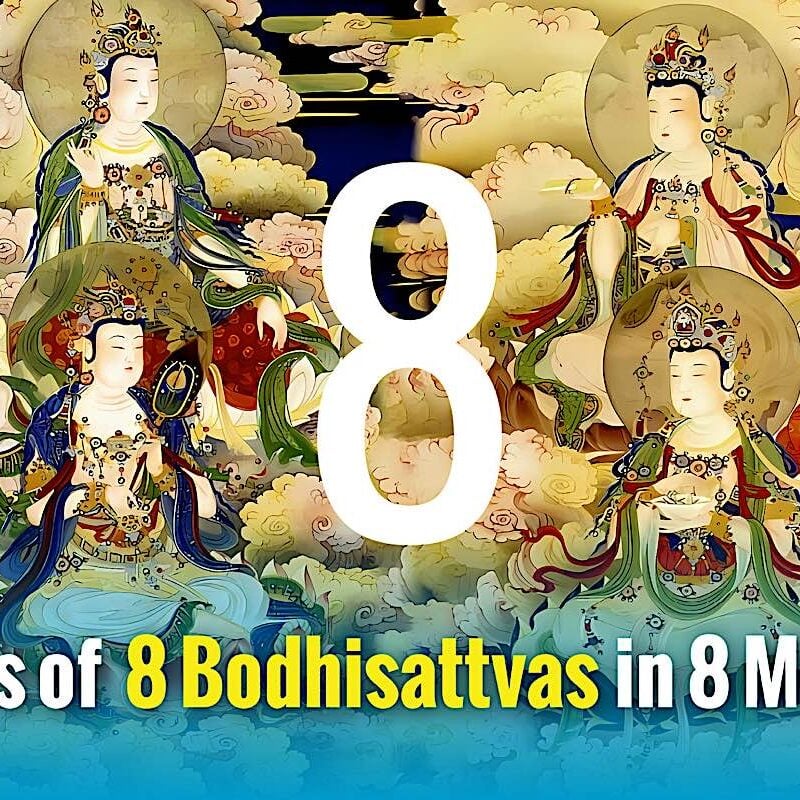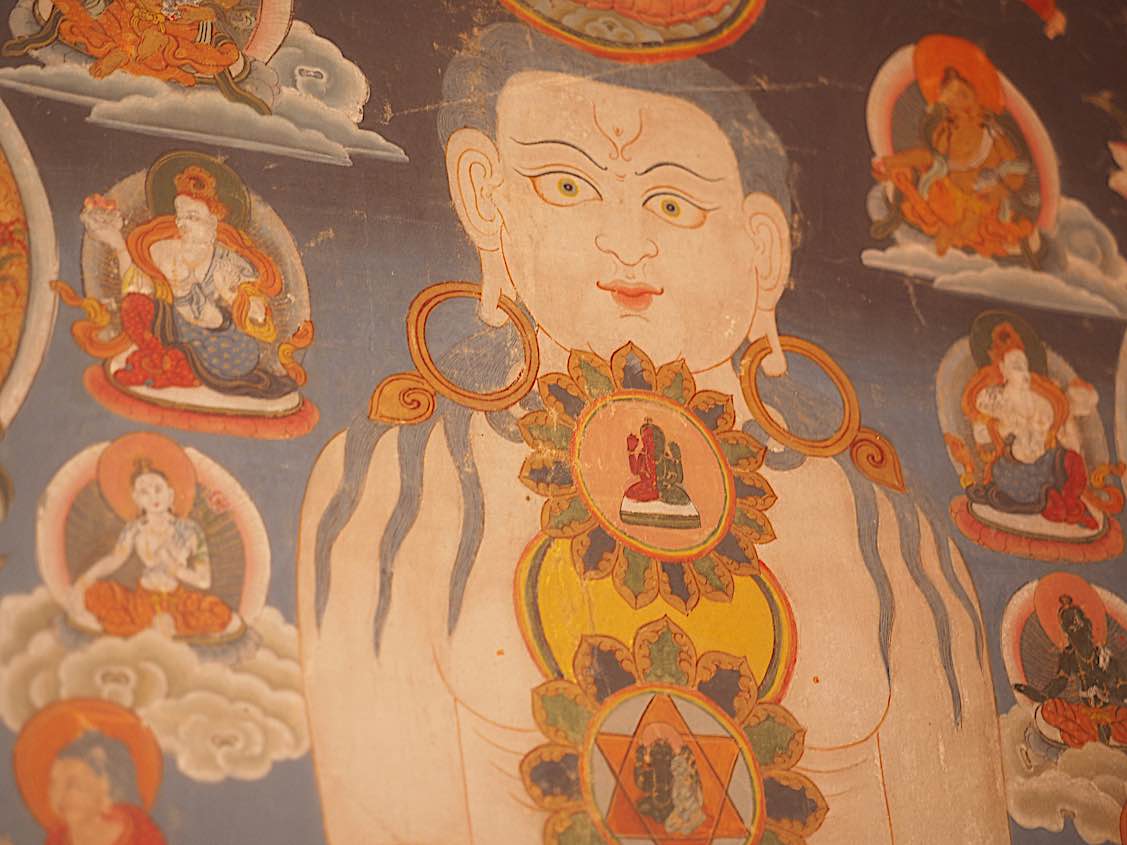Black Tara Documentary: Destroyer of Enemies, Negativities, Obstacles; Our Wrathful Mother
Black Tara is the most approachable of the protective, wrathful Buddha emanations. Whether the enemies are internal obstacles — your anger, hate, greed, or craving — or external enemies who obstruct or threaten your life, She is like a wrathful elephant mother protecting her young. Like any mother, Tara is attentive, loving, and nurturing when not aroused. When her children are in danger, her wrath as Black Tara, symbolic of her power, arises instantly to aid us.
Tara, our mother of protection, is already the most protective of Buddhist Enlightened Aspects. In her black form, as Black Tara, her protective wrath is so active that results are as quick as lightning.
How is this possible? Tara’s Enlightened Mind, her Pureland, is found within our minds and hearts. When we think of her, she is already there. She is one with us at the ultimate level. Saying her name or chanting her mantra instantly reminds us of the wisdom and compassion inherent in our essence.
With Tara, it can be as simple as thinking of her lovingly, saying her name, or chanting her short mantra.
Is Black Tara separate from Green Tara? The answer is no. Mother Tara emanates in countless forms to help us, as suits our needs, but all forms of Tara are still Tara. Her appearance, mantra, and energy manifest as we need it now. In the case of Black Tara, this energy is supremely wrathful and quick, like the anger of a protective mother.
Think of the elephant metaphor in Buddhism. Mother Tara is serene and calm, like a peaceful elephant, until her children are in danger. In nature, if a pride of lions threatens a baby elephant, the ordinarily calm mother elephant, without thinking of any risk, charges into their midst, protecting her baby. We are Tara’s child, and she is ready to charge into the pride of lions to protect us.
The metaphor of an elephant mother is a deliberate one. In Buddhism, the symbolism of the elephant is intelligence, calm energy, and unbelievable strength — but a mother elephant, given the right reasons, is terrible in her anger. In Tara’s cycle of teachings, she not only protects from the dangers of elephants — one of the eight dangers, which is a metaphor for ignorance — but she is often pictured riding an elephant. This shows she mastered ignorance.
In the case of Black Tara, this elephant metaphor represents the wrathful, protective mother elephant, provoked to righteous anger, to protect her children. Like an elephant, she is not murderous and does not kill. She defends her babies, even if it means laying down her own life to do it. Though Black Tara has the title “Destroyer of Enemies,” it means explicitly destroyer of the power of enemies to harm you.
As an Enlightened Bodhisattva, Tara, no matter how fierce, cannot kill or create further suffering. Her ability tames the anger and hate of enemies — or our anger and hate if that is the enemy. She destroys their power to harm you, but she cannot take a life.
Our internal and external enemies run away when we call on our protective mother, Black Tara.
She is the practice recommended by many teachers for any supernatural threat, black magic, demons — both the internal psychological ones and external manifestations — and also war and violent attackers.
More articles by this author

VIDEO: Vajrapani Vajra Armor Mantra: Supreme Protection of Dorje Godrab Vajrakavaca from Padmasambhava
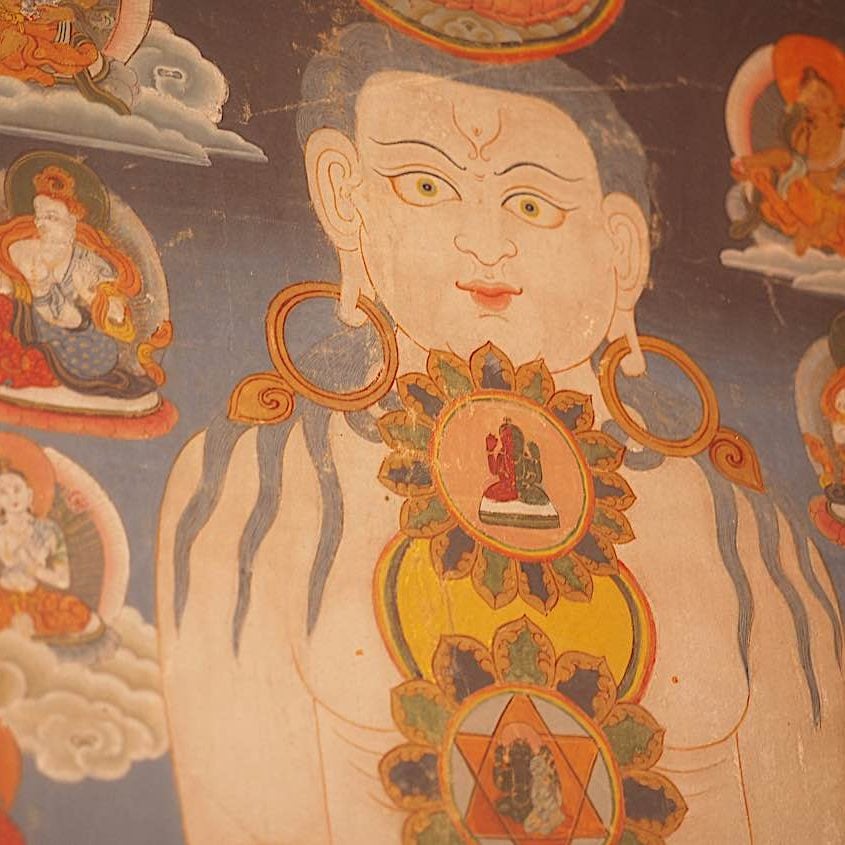
Buddhist body mandala practice in Vajrayana Buddhism — and riding the winds of the inner body “The prana goes where the mind goes.””
Search
Latest Features
Please support the "Spread the Dharma" mission as one of our heroic Dharma Supporting Members, or with a one-time donation.
Please Help Support the “Spread the Dharma” Mission!

Be a part of the noble mission as a supporting member or a patron, or a volunteer contributor of content.
The power of Dharma to help sentient beings, in part, lies in ensuring access to Buddha’s precious Dharma — the mission of Buddha Weekly. We can’t do it without you!
A non-profit association since 2007, Buddha Weekly published many feature articles, videos, and, podcasts. Please consider supporting the mission to preserve and “Spread the Dharma." Your support as either a patron or a supporting member helps defray the high costs of producing quality Dharma content. Thank you! Learn more here, or become one of our super karma heroes on Patreon.
Lee Kane
Author | Buddha Weekly
Lee Kane is the editor of Buddha Weekly, since 2007. His main focuses as a writer are mindfulness techniques, meditation, Dharma and Sutra commentaries, Buddhist practices, international perspectives and traditions, Vajrayana, Mahayana, Zen. He also covers various events.
Lee also contributes as a writer to various other online magazines and blogs.






